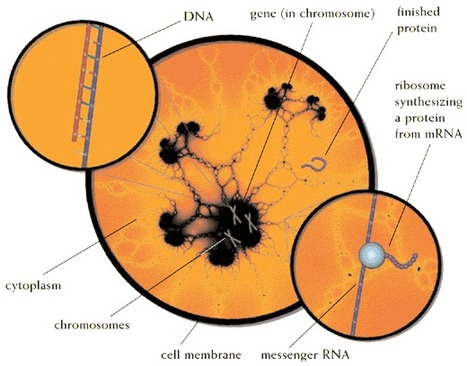ABSTRACT
Objective: This study evaluated the efficacy and safety of ATL1102, an antisense oligonucleotide that selectively targets the RNA for human CD49d, the α subunit of very late antigen 4, in patients with relapsing-remitting multiple sclerosis (RRMS).
Methods: In a multicenter, double-blind, placebo-controlled randomized phase II trial, 77 patients with RRMS were treated with 200 mg of ATL1102 subcutaneously injected 3 times in the first week and twice weekly for 7 weeks or placebo and monitored for a further 8 weeks. MRI scans were taken at baseline and weeks 4, 8, 12, and 16. The primary endpoint was the cumulative number of new active lesions (either new gadolinium-enhancing T1 lesions or nonenhancing new or enlarging T2 lesions) at weeks 4, 8, and 12.
Results: A total of 72 patients completed the study and 74 intention-to-treat patients were assessed. ATL1102 significantly reduced the cumulative number of new active lesions by 54.4% compared to placebo (mean 3.0 [SD 6.12] vs 6.2 [9.89], p = 0.01). The cumulative number of new gadolinium-enhancing T1 lesions was reduced by 67.9% compared to placebo (p = 0.002). Treatment-emergent adverse events included mild to moderate injection site erythema and decrease in platelet counts that returned to within the normal range after dosing.
Conclusions: In patients with RRMS, ATL1102 significantly reduced disease activity after 8 weeks of treatment and was generally well-tolerated. This trial provides evidence for the first time that antisense oligonucleotides may be used as a therapeutic approach in neuroimmunologic disorders.
Classification: This study provides Class I evidence that for patients with RRMS, the antisense oligonucleotide ATL1102 reduces the number of new active head MRI lesions.
Via Krishan Maggon



 Your new post is loading...
Your new post is loading...








Primary efficacy endpoint met with a statistically significant reduction of sIGF-I
levels of 26% at the 400mg/week dose (P<0.0001; highly significant)
• 36% average reduction in sIGF-I for lower body weight patients
• Positioned to move into Phase III stage of development
• Safe and well tolerated with no serious adverse events related to dosing reported
CD49d antisense drug ATL1102 reduces disease activity in patients with relapsing-remitting MSVolker Limmroth, MD, Frederik Barkhof, MD, PhD, Nuket Desem, MBA, Mark P. Diamond, MBA, George Tachas, PhD; For the ATL1102 Study Group
Correspondence to Dr. Tachas: george.tachas@antisense.com.auPublished online before print September 19, 2014, doi: 10.1212/WNL.0000000000000926Neurology 10.1212/WNL.0000000000000926